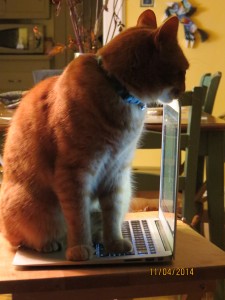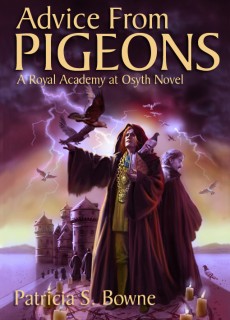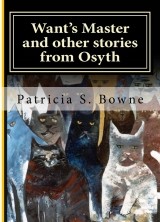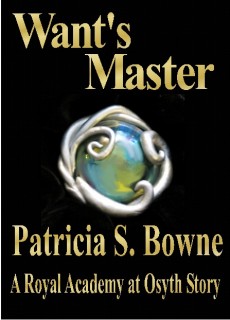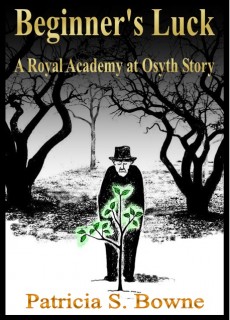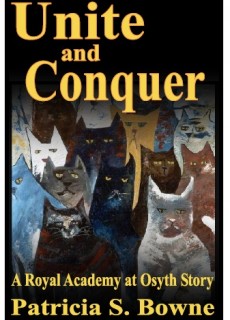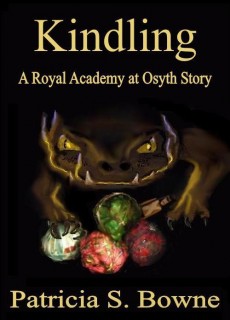Fredrik deBoer is on a righteous ranting roll this fall over the failings of the online left. In particular, its desire to sort the world into good and bad based on buzzwords and its deer-in-headlights bafflement when someone who is GOOD according to some buzzwords turns out to be BAD according to others, or when BAD people learn to use GOOD buzzwords.
I couldn’t agree with him more, but I have a slightly different take on buzzwords from being an educator and a cat owner. What if these buzzwords are training tools? What if Fredrik is observing not failings of the left as a whole, but of people who refuse to graduate from an intro class — kitten leftists?
Allow me to expand my analogy.
Ever owned a mother cat? Then you’ll remember this cat-call. Mrrrwrow! Mrrrwrow! It starts outside, coming closer and closer to the cat-door. It’s a muffled, throaty sound, because her mouth is full. Sometimes the prey’s wriggling adds an extra warble to it.
“Oh listen,” a clueless visitor might say, “there’s a tomcat yowling!” But your heart sinks, because you know this sound. You can translate it. It means:
Look what I have for you, children! I’ve broken one of its legs for you, now you do the rest!
You know what will happen if you let her in. Fun for the kittens, torment for the prey, an eventual corpse under the bed unless you catch the poor thing yourself and put it out of its misery. Why, you ask yourself, do I give houseroom to these amoral predators? You get up and shut the cat-door or fetch the broom.
I haven’t had a mother cat for thirty years, but recently I developed flashbacks. I would be sitting reading the internet peacefully, and at the edge of my senses I would hear that sound. I would open twitter, and within ten tweets I would be asking myself Why do I give houseroom to these amoral predators?
It first happened when I was reading a conservative blog and the host began to repeatedly mention ‘Moralistic Therapeutic Deism’ and ‘Stuff White People Like.’ These buzzwords were cues to us, I realized. We didn’t have to be fair to anything tagged with these terms.
Look, children! I’ve broken its back for you! Bite it, bite it!
In progressive circles, the terms ‘problematic,’ ‘privileged,’ and ‘dudebro’ often serve the same purpose.
This is prey, children! That’s right, pull off its wing!
— and in jump the commenters and retweeters, like so many month-old kittens around a wounded bird.
The thing is, though, buzzwords are inextricable from learning. A student’s presented with a complicated problem; which parts of it are relevant? Can those be used as cues to identify similar problems? There they are — buzzwords, whether you meant to present them or not. You’re lucky if the buzzword the student takes away from your case study is ‘aortic stenosis’ and not ‘forty-five-year-old.’
Teachers should be in the business of helping students to see below these surface features, but there’s always the temptation to simplify our lives by using buzzwords on purpose. My buzzword when I started was ‘Doctor Bob.’ He was the person in my case studies who put in heart valves upside down, or mixed up vasoconstriction and vasodilation. When my students saw a problem with ‘Dr. Bob’ in it, they knew that this was something they should evaluate critically – as opposed to most of the stuff I tell them, which they should write down and memorize.
Here you go, children, I’ve broken his leg for you!
But what were my students learning to associate with critical evaluation? The ‘Doctor’ part? The ‘Bob’ part? Was I training them to substitute buzzword-prompted suspicion for habitual, routine analysis? There’s a reason that ‘sophomoric’ is an insult, and we teachers are partly to blame for it.
Nowadays I have a lot more fictional characters in my classes. Doctor Bob is still there in one question, but the rest contain patients and nursing students, experienced nurses and aides and med students. The people correcting them in my case-study scenarios, or suggesting the sensible treatment, also vary. Eventually, I hope, my students will take the same attitude of careful evaluation to all of them — even me.
I hope they will be just as careful in other interactions, and not let buzzwords substitute for analysis, data, and making up their own minds. In fact, I hope they develop their own alarm bells to warn them when prey is being pointed out — when they’re being invited to act like a mess of month-old kittens instead of independent, thinking adults.

